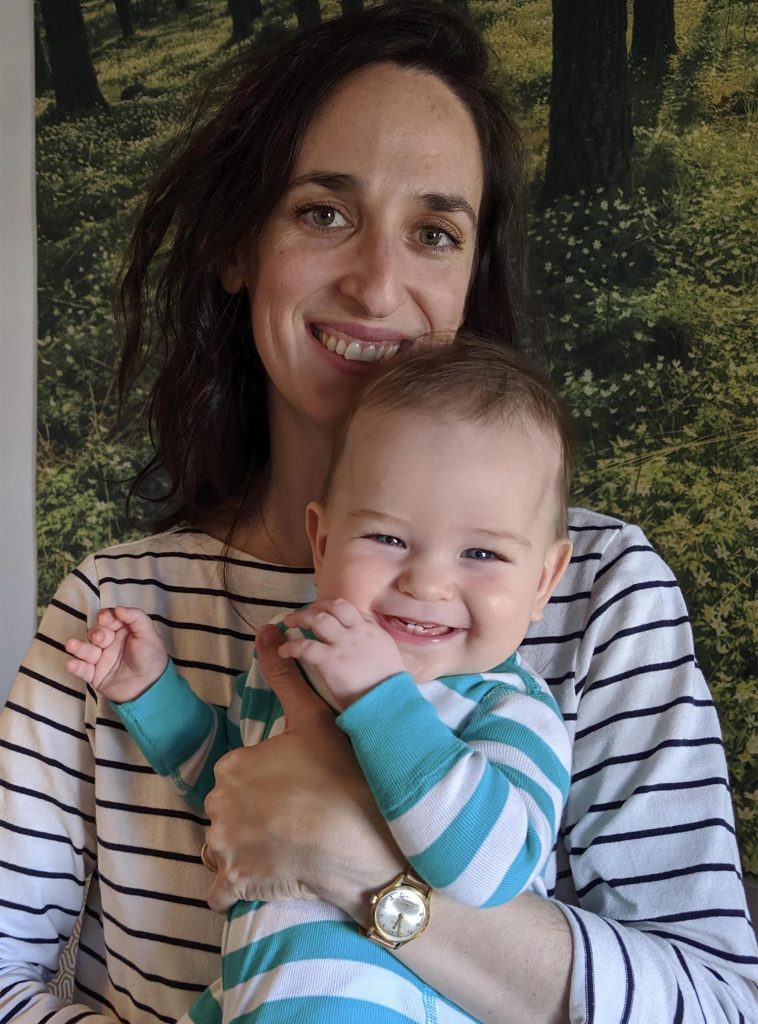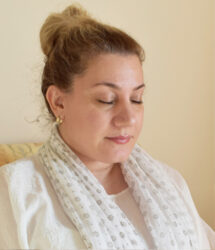What About Mom Burn-Out?

Every mother naturally wants her child to thrive. These days our society has a way of piling on the pressure to create high-performance children. With that—and the fact of more mothers working outside the home than ever before—being a mother has become more demanding and difficult. We’ve all heard terms like nurse burnout and teacher burnout, but what about mom burnout?
In 1983, a university professor and a leadership consultant who were conducting workshops on job burnout wrote a book called Parent Burnout, in which they made the case for the phenomenon of parental burnout. They concluded that parents who burn out are usually those who were overcommitted and overzealous—trying too hard.
Parental burnout was the basis of a 2017 study in which the vast majority of participants were women. Published in the journal Frontiers in Psychology, the research showed that 12.9% of mothers had “high burnout.” At least once weekly, they became exhausted, emotionally distant, and less productive and competent—symptoms that are characteristic of burnout in highly demanding professions.
The desire to excel and feel valued in everything—mothering, job performance, neighboring, athletic or artistic endeavors, not to mention the marital relationship—can create relentless pressure. New mothers, in particular, tend to feel that they must give 200 percent.
Amy Labagh Rushing is a first-time mother living in the southwest. Because she has a young child and is also a certified teacher of the Transcendental Meditation program, I asked Amy about her experience as a mom and if TM is part of what helps her “do it all.”
JH: Tell me about your baby. What does he do that warms your heart the most?
ALR: My son Arlo is 6 ½ months old—such a fun age! He’s very social and talkative (babbling still) he recently figured out how to say ‘mama’! Naturally I find all of his expressions and mannerisms so heart-meltingly adorable. I’m totally in love with him. I’ve found it’s true what they say—that you haven’t experienced the full extent of love until you have a baby.
JH: Are you also working full or part time? Do you sometimes find yourself getting overwhelmed or stressed?
ALR: I’m back to working almost full time — about 30 hours a week give or take. I started working again three months after Arlo was born. I’m fortunate that I love what I do and find it to be a great balance to full time mothering. Going from being with Arlo to being at work is definitely an abrupt gear shift. It takes a lot of adaptation. Everything is so new when you first become a mother. Your post-partum body is so different and has different limitations than before. All the demands can definitely be overwhelming.
JH: Various sources advise moms to create alone time, have more fun with friends, get more sleep, and learn to trust their parenting ability—all to avoid burnout.What pursuits help you relieve the pressure?
ALR: I like to take long walks with Arlo—we’ll go to the art museum or the library or botanical gardens. Often, he will nap and I can listen to a podcast or music while walking around. Since we’re in the desert, winter is the best time of year for being out and about! I’m also an avid reader and will read books on my phone while nursing him—there’s a library app called Libby that has thousands of ebooks for free—I discovered that recently. It’s great! I’ve endeavored to introduce the baby to new music every day, going through the alphabet—we started with A for ABBA, then the next day B For Beatles, C for Charlie Parker, etc. It can be easy to forget about all the things you used to like to do before having a baby—so I try to make a concerted effort to remember.
JH: Do you think keeping yourself rested is essential for your child’s sake as well as for your marriage and your own happiness?
ALR: Rest is so important and also so elusive! When I’m tired, I can be pretty grumpy and everything can feel like too much. The most common advice you get is rest when the baby rests—which is easier said than done! When you have a million things to do, sometimes the only chance to do them is when the little one is asleep. It’s always a challenge to balance responsibilities with rest. When Arlo was first born, I had a really hard time giving myself permission to not do anything other than care for him. I had a looong labor and was so physically exhausted afterwards that I was out of commission for weeks. It was surprising to me just how difficult I found it to take the rest I needed—I was mistakenly thinking of myself as having the same stamina that I had before giving birth and it created this cognitive dissonance that I found very difficult. New moms need so much rest! Fortunately I have TM.
JH: How do you fit in your time to meditate twice daily and why is it so important?
ALR: I’ve found that being very protective of my 20 minutes of Transcendental Meditation has been essential for maintaining poise. It isn’t always easy—because if it’s just me and Arlo, he may decide he doesn’t want to nap when it’s time for me to meditate, so I may not get a chance to meditate until late in the evening. The most important thing I’ve had to learn is how to communicate what I need to my husband — I’m a very independent person, and so asking for help doesn’t come naturally to me. It took me a while to realize that unless I was very clear and insistent with my husband about giving me the time to meditate, I would never have the chance! It wasn’t that he didn’t want to give me the time—it was that it never occurred to him that I wouldn’t be able to find time to meditate without his help. As they say “happy wife, happy life” — he’s very supportive of my taking the time.
I believe that regular meditation has allowed me to heal from the physical trauma of birth much more quickly than I would have without it. The emotional upheaval that comes with your wildly fluctuating hormones post-partum has also been helped by regular TM practice. When your body is changing so much that it feels foreign, TM helps you remember that you’re the whole ocean, not just the waves.
JH: Anything you’d like to add?
I’ve found that joining a baby play group has been really helpful. The little ones play together and the moms can talk about what they’re going through. It can be lonely being a mom. It’s such an amazing, life transforming thing, but no one besides other mothers can fully understand how challenging it is. Giving and getting support is so essential. In some ways I think that being stay-at-home mom would be more difficult than working and mothering—because it’s sort of like being on the clock 24/7. So many moms I talk to love the idea of meditation but feel like it would be impossible for them to fit into their life. Everyone knows that self-care is important, but a lot of moms struggle to take the steps to really claim time for themselves. I would say if you do only one thing for yourself — let it be TM. It’s the single most effective and efficient thing you can do to combat stress and fatigue so you can be present to fully enjoy your life and your family.
Don’t burn out. Contact a TM teacher today
About the Author
Janet Hoffman is the executive director of TM for Women Professionals, a division of TM for Women in the USA





